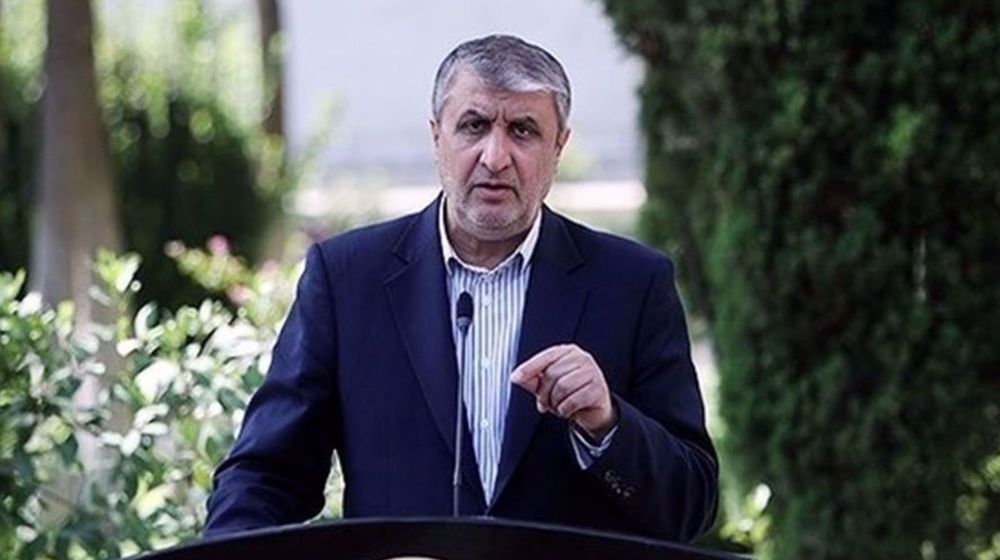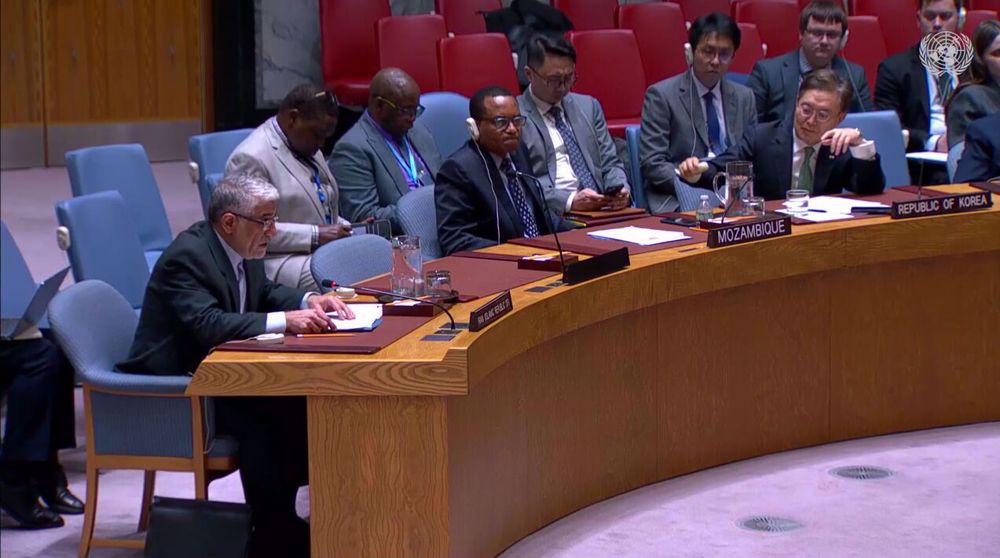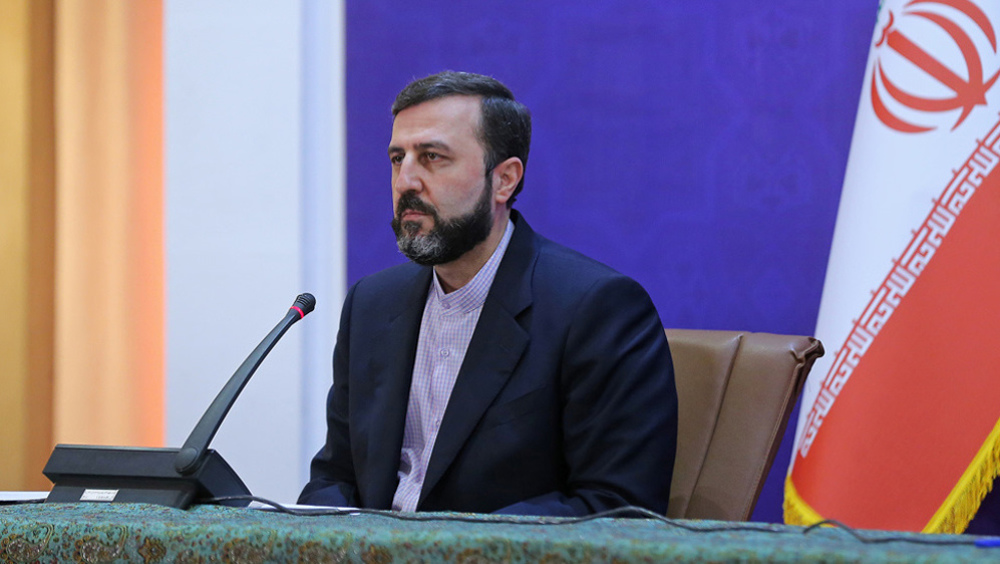JCPOA balanced, victory for both sides: Iran FM
Iran’s Foreign Minister Mohammad Javad Zarif says Iran's nuclear agreement with six world powers is a "balanced" deal satisfying both parties to the accord.
“The final text [of the Joint Comprehensive Plan of Action (JCPOA) is a balanced text,” Zarif told a forum on the nuclear agreement in Tehran on Sunday.
"It is not such that we have managed to impose all our demands on the opposite party. Such a thing would not be an agreement...On the other hand, the opposite party neither could nor will be able to do so either," he added.
Zarif said all parties involved in the nuclear talks between Iran and the P5+1 countries – the United States, Britain, China, France, Russia plus Germany – emerged "victorious," except for "warmongers."
The Iranian foreign minister also said that the JCPOA is viewed as a “success” because “it was proven to the world that the paradigms of exclusion and deprivation are ineffective.”
Zarif, who was Iran's lead nuclear negotiator in the nuclear talks, said the agreement will take Iran's nuclear dossier off the agenda of the United Nations Security Council (UNSC) within a framework of a timetable set therein.
He also said Iran’s missile program will not be "restricted" under the JCPOA.

Addressing the same forum, Iran’s Deputy Foreign Minister for Legal and International Affairs Abbas Araqchi also described the JCPOA as “balanced.”
He further noted that the JCPOA changed the status of Iran's nuclear program from "banned" into "legitimate" in the UNSC.
Araqchi said Iran in turn agreed to some "restrictions and supervisions," thus reassuring the world powers that its nuclear program would be exclusively peaceful.
On July 14, Iran and the P5+1 countries finalized the text of the agreement, dubbed the JCPOA, in the Austrian city of Vienna.
Under the JCPOA, limits will be put on Iran’s nuclear activities in exchange for, among other things, the removal of all economic and financial bans against the Islamic Republic.
The UNSC on July 20 unanimously endorsed a draft resolution turning the JCPOA into international law. All 15 members of the UN body voted for the draft UN resolution in New York, setting the stage for the lifting of the Security Council sanctions against Iran.
Iran: US airstrikes on Yemen war crimes, violation of international law
Yemeni armed forces down F-18 fighter jet, repel US-UK attack: Spokesman
Iran warns against US-Israeli plot to weaken Muslims, dominate region
VIDEO | Public uproar in US against Israeli regime
‘Ghost town’: 70% of Jabalia buildings destroyed by Israel
Mother’s Day: Sareh Javanmardi’s inspiring journey as Paralympic champion and mother
Russia downs over 40 Ukrainian drones as Putin vows 'destruction' on Kiev
VIDEO | Yemen: A bone in Israeli neck










 This makes it easy to access the Press TV website
This makes it easy to access the Press TV website